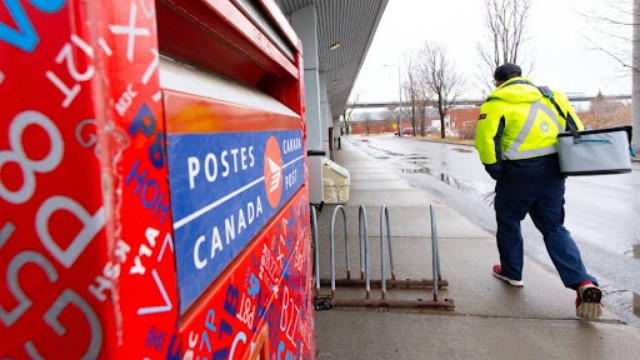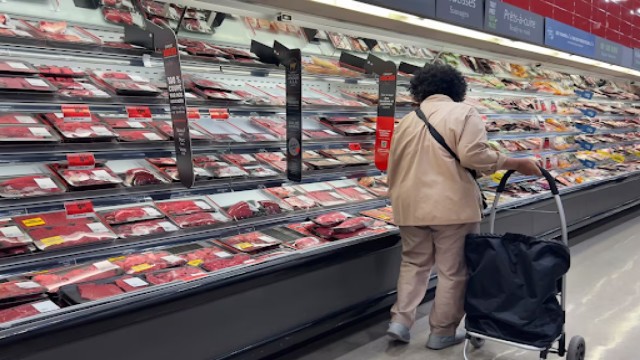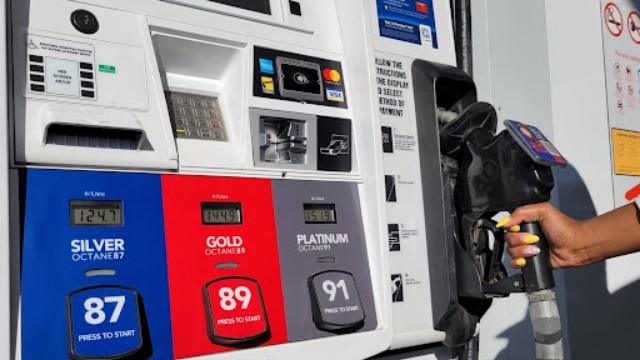
A photo released by Stellantis features the 2024 Dodge Charger Daytona R/T, a two-door model.
Stellantis has officially delayed production of the Dodge Charger Daytona R/T at its Windsor Assembly Plant, citing uncertainty over U.S. tariffs as the main reason behind the move. The company confirmed the decision the same day it announced a $388 million investment in Metro Detroit.
Production of the highly anticipated all-electric muscle car was originally scheduled for the 2026 model year. However, Stellantis now says it needs more time to review the impact of potential U.S. trade policies before moving forward.
In a statement, Stellantis spokesperson LouAnn Gosselin said, “Production of the Dodge Charger Daytona R/T is postponed for the 2026 model year as we continue to assess the effects of U.S. tariff policies.”
The company has not linked this decision to the car's performance in the market or to sales figures. Instead, Stellantis will shift its focus to other models in the Charger lineup. These include the high-performance Scat Pack, which the company calls the fastest and most powerful muscle car in the world, a new four-door version of the Charger, and the upcoming Charger Sixpack models expected to launch later in 2026.
Importantly, Stellantis has not announced any job cuts as part of this postponement. The company also hasn't provided a timeline for when production of the Daytona R/T might resume.
Auto industry experts say this move is not surprising. Joe McCabe, CEO of Auto Forecast Solutions, explained that many carmakers are adjusting their production strategies due to lower-than-expected demand for electric vehicles.
“This isn't necessarily about cutting Charger production,” said McCabe. “It’s more about focusing on the versions that still use gasoline engines, where there’s still strong demand.”
McCabe also pointed out that Tesla is currently the only major automaker making a real profit from electric vehicles. Other companies, including Stellantis, are struggling to meet ambitious environmental targets while remaining financially stable.
Greg Layson of Automotive News agrees. He mentioned that slowing EV demand and reduced government incentives, particularly in Ontario where there’s no electric vehicle rebate, are also contributing to the pullback.
“That hurts when you don’t have a rebate in the biggest market in the country,” Layson said. “Lower demand means slower production. That’s just how the industry works.”
Windsor Assembly, where the Daytona R/T was set to be built, has already seen a couple of production pauses in recent months. At least one of those was tied to concerns over tariffs.
Despite the delay, Layson believes Windsor is in a strong position to weather the storm. The plant’s ability to produce gasoline, hybrid, and electric vehicles gives it the flexibility to adapt to shifting market trends.
“If you’re going to work in an auto plant in Ontario, Windsor is the safest bet,” he added. “It can pivot based on demand.”
As the plant gears up for its usual summer “shift smoothing” in June, which will include alternating worker layoffs, industry analysts say the overall picture reflects broader industry uncertainty.
Layson suggests that automakers are being extremely cautious right now, noting that many have stopped sharing financial projections due to the unpredictable economic and political landscape.















